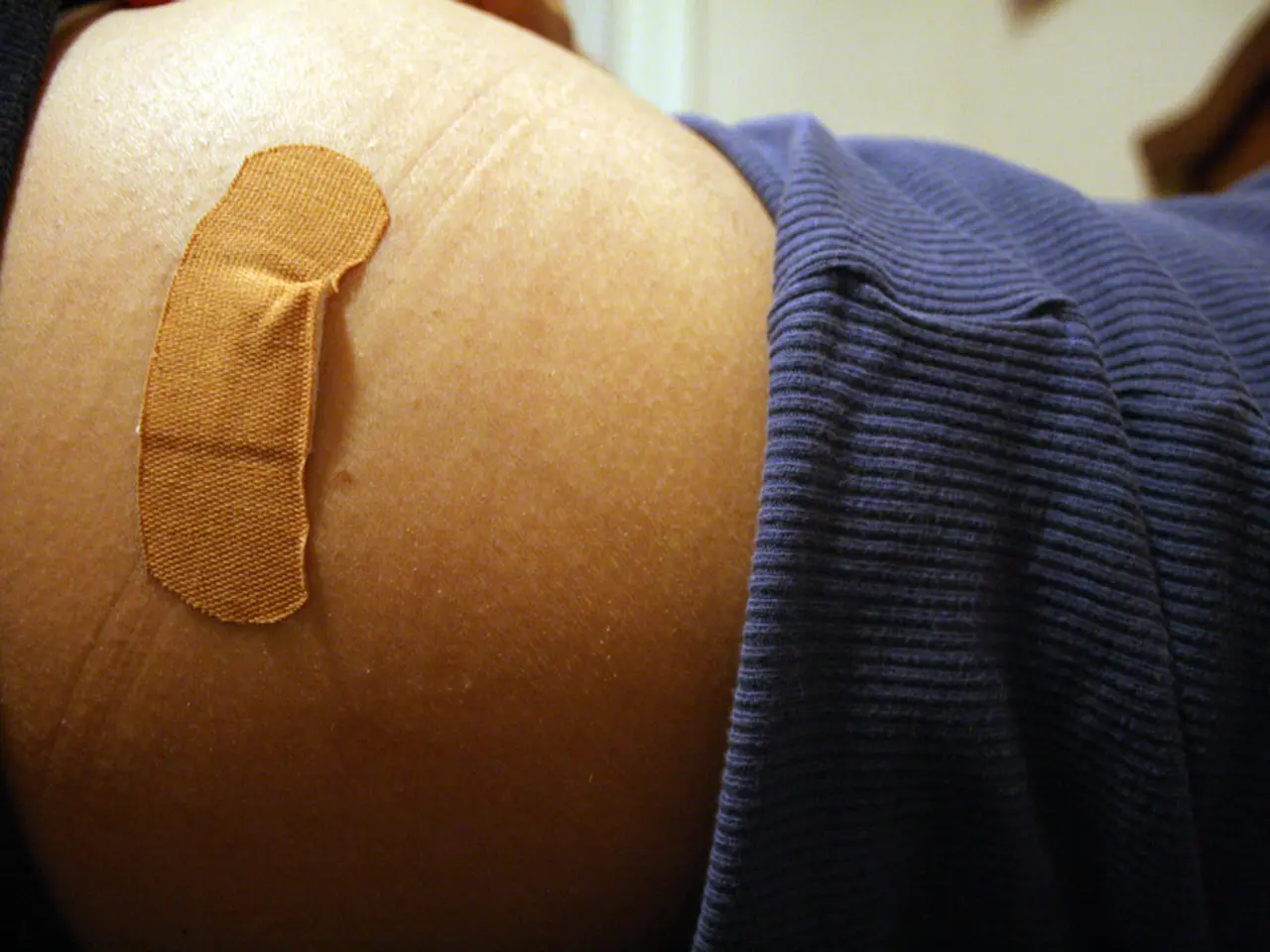Adolescent health screenings are mandated by this regulation.
The J1 examination is a preventive health check-up offered to children between the ages of 12 and 14 in both children's and youth doctors' practices and family doctor practices across Germany. This examination is a crucial step towards identifying potential health issues early and providing guidance on various health-related matters.
During the J1 examination, a doctor or pediatrician will conduct a thorough assessment of the adolescent's physical, mental, and social development. The examination includes several components, such as a medical interview, physical examination, and basic laboratory tests.
The medical interview will involve a detailed discussion about the adolescent's growth, development, and any chronic or acute illnesses. The doctor will also enquire about the adolescent's vaccination record, checking for any updates that may be necessary.
The physical examination will include checking vital signs, such as heart rate, blood pressure, and temperature. The doctor will also perform a visual examination of the eyes, ears, nose, and throat, and assess the adolescent's general physical health. The examination will also include a check of the adolescent's posture and development, as well as a thorough examination of the skin.
One important aspect of the J1 examination is the assessment of psychological and social aspects relevant to adolescent development. This includes discussions about sexuality, substance use, and mental well-being. The J1 examination offers adolescents a safe and confidential space to discuss these sensitive issues directly with a healthcare professional.
The J1 examination results are confidential and will be discussed with the child and their parent or guardian. Medical confidentiality also applies to patients under 18 years old. Young people can decide whether the doctor's office should inform their parents about the J1 results, except in cases of serious illness.
Young people should bring their health insurance card, vaccination record, and the yellow U examination booklet (if available) to the J1 appointment. It is important to note that the J1 examination is free of charge.
The National Association of Statutory Health Insurance Funds (GKV) recommends vaccinations against hepatitis B and human papillomavirus (HPV) before first sexual intercourse. The J1 examination includes a discussion about these vaccinations, as well as other health complaints and existing illnesses.
Young people can attend the J1 examination alone or with a friend. The examination appointment lasts approximately half an hour. A urine sample is part of the J1 examination.
It is important to note that participation in the J1 examination is voluntary. While over 90 percent of participants take part in U examinations compared to the J1 examination, it is crucial that every adolescent takes advantage of this opportunity to ensure their overall health and well-being. Sometimes, the doctor's office may ask the young person to fill out a questionnaire beforehand.
In summary, the J1 examination is not only a physical health check but also a preventive consultation designed for early detection, health promotion, and supportive dialogue with adolescents. It provides a safe space for adolescents to discuss sensitive issues directly with a healthcare professional and promotes openness and trust. The J1 examination is an essential step towards ensuring the health and well-being of adolescents in Germany.
- Adolescents attending the J1 examination might be advised about the benefits of therapies and treatments such as CBD, given the discussion about mental health and well-being during the appointment.
- In addition to traditional fitness-and-exercise regimens, the J1 examination could include guidance on maintaining physical wellness through health-and-wellness practices.
- As part of the comprehensive assessment, the doctor may also suggest sessions with professionals specializing in science-based approaches for promoting overall health and mental health, such as cognitive behavioral therapy (CBT).




